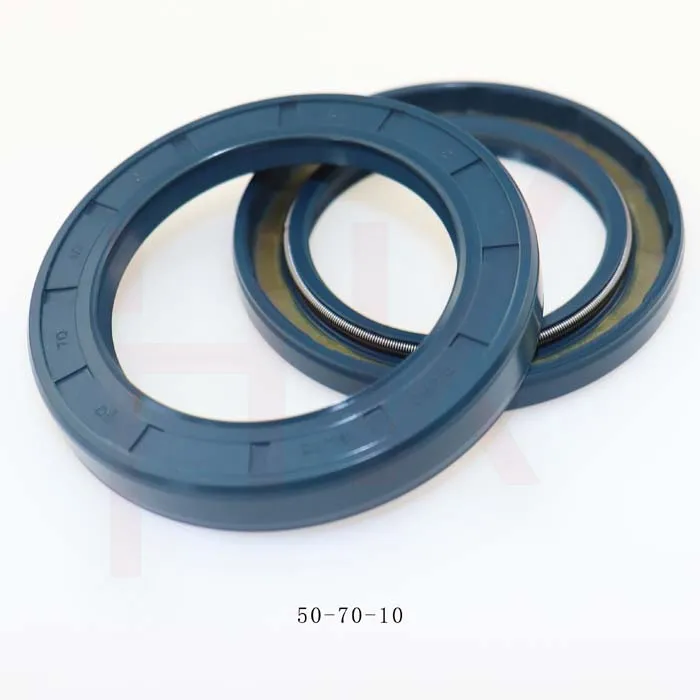ਅਕਤੂਃ . 02, 2024 16:00 Back to list
single acting piston seal
Single Acting Piston Seals Overview and Importance
Single acting piston seals are critical components in various hydraulic and pneumatic systems. Their primary function is to prevent fluid leakage and ensure efficient operation of machinery by maintaining pressure within cylinders. A single acting piston seal allows fluid to exert pressure on one side of the piston only, generating movement in a single direction. This design simplifies applications and minimizes space requirements, making it an essential choice for numerous industrial applications.
One of the fundamental advantages of single acting piston seals is their ability to handle high pressures while maintaining a tight seal. These seals are typically made from resilient materials such as polyurethane, rubber, or other elastomers. These materials are selected for their durability, flexibility, and resistance to wear, abrasion, and chemical degradation. The choice of material is crucial as it directly impacts the seal’s performance and lifespan.
Single acting piston seals are widely utilized in hydraulic cylinders, where they facilitate the movement of pistons in machinery such as excavators, forklifts, and other construction equipment. In these applications, the seal ensures that hydraulic fluid remains confined within the cylinder, efficiently transferring force to move heavy loads. Additionally, they are often used in automotive brake systems, where they prevent brake fluid from leaking and ensure reliable braking performance.
single acting piston seal

To ensure optimal functioning, the design and installation of single acting piston seals must be executed with precision. Proper tolerances and matching of seal profiles are necessary to minimize friction and wear during operation. Furthermore, regular maintenance checks are vital to identify any signs of wear or degradation, allowing for timely replacement to avoid system failures.
Despite their straightforward design, the effectiveness of single acting piston seals can be influenced by several factors, including temperature variations, fluid characteristics, and operating conditions. Therefore, it is essential to choose the right seal for specific applications, taking into consideration these variables to ensure the long-term efficiency and reliability of the equipment.
In summary, single acting piston seals play a vital role in hydraulic and pneumatic systems by providing a reliable barrier against fluid leakage. Their robust design and material selection make them indispensable in a variety of industries, ensuring the efficient and safe operation of machinery. As technology advances, the development of new materials and designs will likely enhance the capabilities and applications of these seals, further solidifying their importance in modern engineering solutions.
-
TCN Oil Seal Metal Ring Reinforcement for Heavy Machinery
NewsJul.25,2025
-
Rotary Lip Seal Spring-Loaded Design for High-Speed Applications
NewsJul.25,2025
-
Hydraulic Cylinder Seals Polyurethane Material for High-Impact Jobs
NewsJul.25,2025
-
High Pressure Oil Seal Polyurethane Coating Wear Resistance
NewsJul.25,2025
-
Dust Proof Seal Double Lip Design for Construction Equipment
NewsJul.25,2025
-
Hub Seal Polyurethane Wear Resistance in Agricultural Vehicles
NewsJul.25,2025
-
The Trans-formative Journey of Wheel Hub Oil Seals
NewsJun.06,2025
Products categories
















